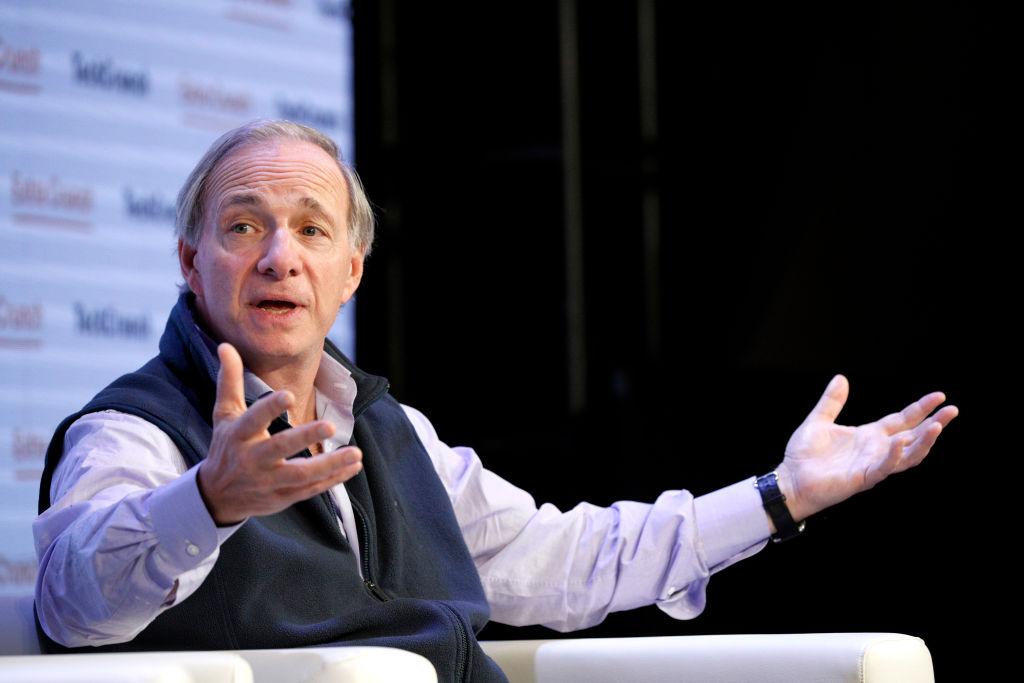Billionaire investor Ray Dalio has recently warned that the United States and China are “on the brink of war and are beyond the ability to talk.”
“I want to emphasize that by saying that they are on the brink, I don’t mean to say that they will necessarily go over the brink,” Dalio shared on LinkedIn. “I mean to say that they are very close to crossing red lines that, if crossed, will irrevocably push them over the brink into some type of war that damages these two countries and causes damage to the world order in severe and irrevocable ways—like Russia’s invasion of Ukraine did for Russia and the world, just much bigger.”




